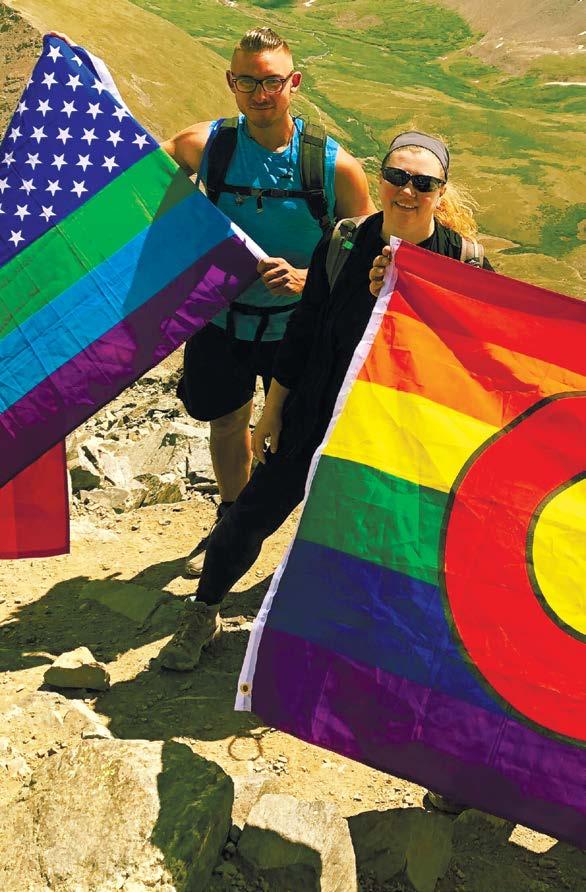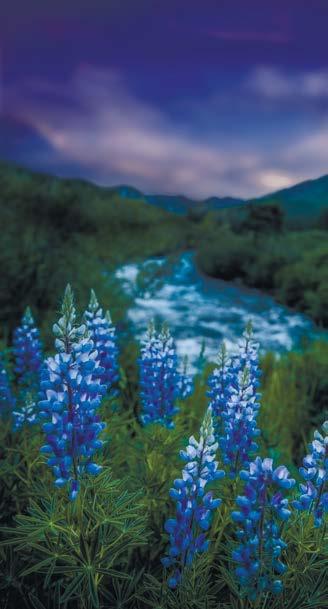The Mountains Hold No Judgement by Eliza Beth Whittington
H
ere’s a familiar narrative—rural/ suburban-raised queer comes out, at least to themselves, in a religiously oppressed household. They flee to the nearest city and find themselves breathless with wonder and lust, starry-eyed in bitchy, bohemian bars and pulsing nightclubs. Surrounded at last by ‘their people,’ they begin the process of finding themselves in others and licking the gaping, salted scars of familial rejection in an urban enclave of like-minded hotties. We all saw that 90s movie, played by cis, straight actors, right? Some of us have been so lucky as to have the experience 2 0 \\ J U L Y 2 2 , 2 0 2 0
Photo by Molly McCormick
of moving from oppressive homes and into the protective arms of queer family. What queer can imagine moving from the safety of their urban enclave without a support system or dating prospects? Few, to be sure. But, how would we know? When, time and again, the narratives we are given from popular culture paint queerness as something that happens on catwalks and in vapid crowds of drug-addled and sex-crazed deviants? Leaf through Whitman’s Leaves of Grass, and without much imagination, one can sense the fullness of his existence, the depth of his self-love, sexuality, and
tenderness. One can almost smell the pleasant musk of manhood, the wet leather and wet grass emanating from him. Why, then, does it feel so foreign to see queerness represented in the great outdoors, when, as Whitman suggests, it is such a vital aspect of life for us? There is substantial evidence of the restorative effects of natural settings and scenery associated with a reduction of psychological distress, depressive symptoms, and that those with mental health disorders exposed to natural, not built, environments report higher levels of positive feelings.







